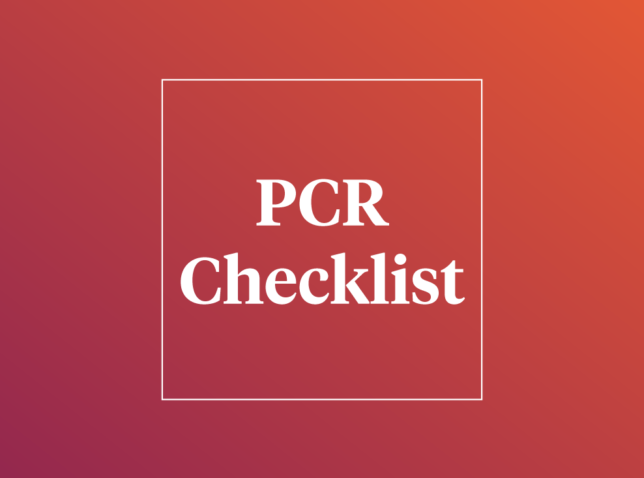Dispelling the Myths of Life Insurance
Myths and fairytales are all well and good when we’re kids, but there may be some myths about life insurance that are preventing you from taking full advantage of its many benefits.
Myth 1: I’m too young for life insurance
People have this idea that they don’t need insurance until they get married, have a mortgage, or have children. Truth is, it’s better to buy life insurance when you’re young. You’re never going to be in better health, and the rates will never be better. Getting insurance while you are young locks in your insurability, and the terms of the policy are likely to be more flexible. If you get a permanent policy, it helps you establish a disciplined savings habit early on, and it allows time to work in your favor as the interest on the money compounds.
Myth 2: I only need life insurance while I’m young
At the other end, people think the need for life insurance ends as you get older. Certainly, the kids are grown and the mortgage might be paid, but there are many other things that life insurance can do for you. The accumulated cash value can be used as a source of tax-free income in retirement. Having a permanent death benefit might also allow you to spend down your other assets more aggressively, knowing that your life insurance will support your spouse or form the legacy you leave to your heirs.
Myth 3. Life insurance is only good for the death benefit
It is true that the primary purpose of life insurance is the protection offered by the death benefit, but there are living benefits to permanent life insurance that you can take advantage of over the course of your life. A permanent life insurance policy enables you to spend your assets down more aggressively in retirement. A permanent policy also makes an excellent complement to a traditional 401(k) plan. While 401(k) plans and other such qualified retirement plans have stiff penalties, if you need to withdraw the money before you turn age 59 ½, the cash value of your life insurance policy is always available to you, no questions asked, and tax-free. A lot of things can change over the course of your life. It’s great to have the flexibility that life insurance can provide.
Myth 4. I only need enough life insurance to pay off my debts
Having insurance that will pay off a mortgage or student loans is a good start. However, this means you are not protecting your most important asset – your ability to earn an income. If you earn $100,000 a year, over the course of a 20-year career you will earn $2 million, and that doesn’t include raises or promotions. Your family probably depends on that income to support themselves. Life insurance can help protect that.
Myth 5. Life insurance is expensive
People often avoid getting life insurance because they think it’s too expensive. It actually costs far less than most people might imagine.
Permanent life insurance should be looked at as more of a savings vehicle that offers income protection. It’s not so much an issue of cost as it is cash flow, as the guaranteed cash value continues to build in the policy. And because saving money in your 401(k) is more of an investment than a cost, permanent life insurance can be viewed as an investment as well.
Myth 6. All term insurance is the same, and only the price matters
Everybody thinks term life insurance is a commodity, differentiated only by price. That is not true. For example, conversion privileges are an incredibly important feature of term policies, and one where the details matter. This allows you the option of converting all or part of your term insurance to permanent insurance, so having a term policy helps lock in your insurability. Some term policies make this easier than others. Take a moment to read the fine print and always consult with a professional.
Myth 7. My employer provides life insurance, and that’s enough for me
Many employers offer group insurance as an employee benefit, maybe one or two times the employee’s annual salary at most. One or two times your salary may sound like a lot of money, but it’s really nothing compared to your lifetime earning potential. More importantly, employer policies disappear when you change jobs, leaving you uninsured. You may be offered the opportunity to continue paying for this coverage yourself, but it’s likely to be much more expensive than insurance you could buy for yourself. A better strategy is to get your own individual life insurance policy, one you can depend on to be there when you need it, and look at the employer-provided life insurance as a nice bonus.
Myth 8. Life insurance is a one-and-done experience
Many people think that once they get an insurance policy, they never have to think about it again. That is not true. People’s needs change over time. That’s why it is critical to have an annual review with your financial professional to ensure your coverage is still meeting your needs, it is adequately funded, and your beneficiary designations are up to date. Did you get a new job or promotion? Do you have a new child? Buy a new house? Did you get divorced? Married? All these things mean you should take a look at your life insurance.
Accessing cash values may result in surrender fees and charges, may require additional premium payments to maintain coverage, and will reduce the death benefit and policy values. Loans and other policy withdrawals may be taxable under certain circumstances.
This post is for informational purposes only and should not be considered as specific financial, legal or tax advice. Depending on your individual circumstances, the strategies discussed in this presentation may not be appropriate for your situation. The information in this material is not intended as tax or legal advice. Always consult your legal or tax professionals for specific information regarding your individual situation.
3263799CC_OCT22






